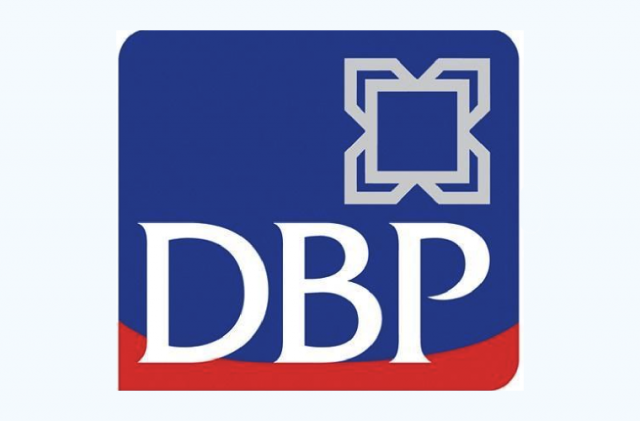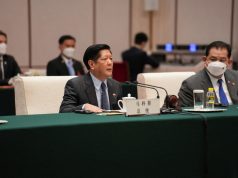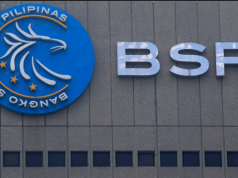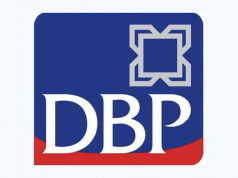MANILA – Fitch Ratings on Friday revised upwards the long-term issuer default ratings (IDRs) of state-owned Land Bank of the Philippines (Landbank) and Development Bank of the Philippines (DBP) to ‘BBB’ from ‘BBB-“ with Stable outlook following the same upgrade of the domestic economy’s rating last December.
The debt watcher revised its rating for the Philippines two levels higher than junk status in December 2017 on sustained improvement of macroeconomic fundamentals.
In a statement, Fitch said the upgrade of the two banks’ IDRs was due to the improvement of their support rating floors (SRFs) based on “a reassessment of the government’s propensity to support the banks and follow their rating upgrades in December 2017 to ‘BBB-‘ from ‘BB+’, reflecting the Philippine sovereign’s greater capacity for support.’
It explained that the financial institutions’ roles “appear to have been expanded and future roles made clearer after pronouncements by the administration of President Rodrigo Duterte, even though there have been no changes in their state ownership, systemic importance or broader mandates.”
“This raises our expectations for the state to provide support to the banks in times of need to enable them to carry out their objectives in support of government policy,” it said.
The statement noted Landbank’s acquisition of another state-owned bank, Philippine Postal Savings Bank (Postbank), and its decision to convert it to Overseas Filipino Bank (OFBank) is in line with Duterte’s program.
Duterte led the launch of OFBank last January 18.
The current administration has also tasked DBP to focus more on infrastructure projects in line with the government’s bid to increase infrastructure investments to about seven percent by 2022 from the current five percent level.
“Both declarations are in line with the administration’s policy agenda, which includes improving the nation’s infrastructure base and better catering to the needs of overseas Filipinos,” the statement said, citing that both the Landbank and DBP “have also been allocated specific roles within the 2018 national budget.”










